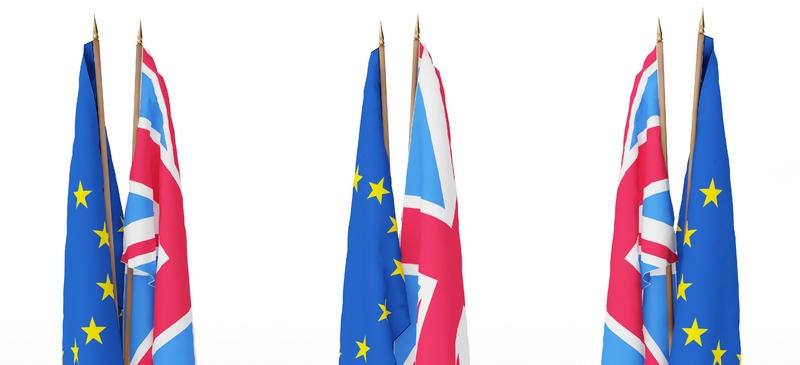
Why Tony needs help from a Tory
Each man kills the thing he loves - and so it could be with Tony Blair and Europe. For ten years the Prime Minister has promised to "settle" Britain's ambivalent relationship with the EU. But he must now admit that he could become a liability to the European cause - provoking otherwise neutral voters to vote against the constitution simply to spite him.
In a year's time, he will almost certainly have a third election victory, but he will be a leader with a potentially terminal political problem: turning around the 2:1 Euro-sceptic majority against the European Constitution in a fast-approaching referendum. Pro-Europeans have previously argued that he can achieve this feat. The 1975 referendum on Britain's membership of the European Community was won against similar odds.
There are also reasons to be optimistic this time around: new research by MORI for The Foreign Policy Centre shows that two-thirds of the electorate are undogmatic "waverers" on the constitution, ready to be convinced by political argument. These swing voters outnumber both the yes and no camps by 2:1. But here's the rub. In the past many voters, aware of their ignorance on Europe, have been willing to be swayed by politicians they trust.
Since Iraq trust has become a scarce commodity. With 60% of the public calling the Prime Minister untrustworthy, blind supporters of the PM are as thin on the ground as WMD in Baghdad. To make matters worse, Blair's ratings are at their lowest amongst the very groups that he needs to convince.
First, there are the "Tory Lost Sheep". This 7% of the electorate are certain to vote, and are inclined to support the Constitution. MORI describe them as "natural Tories uncomfortable with the Conservative Party". Mainly middle-class broadsheet readers - particularly influenced by the Daily Telegraph, Daily Mail and Guardian - they deserted the Tories in droves in 1997, and fell straight into the arms of Blair. But since the war they have been blind to his charms, though they are surprisingly keen on Charles Kennedy.
The second group could be seen as "Persuadable Sceptics". They are sure to vote, make up 8% and are currently against the Constitution, though they claim their mind could be changed. But an Islington barrister isn't the man do it. Older than the "Tory lost sheep", these voters are more likely to mutter into copies of the Sun, Mail and Telegraph (Their favoured reading) that this country is going to the dogs than they are to embrace the spirit of European fraternity. They are on of the few groups who actually prefer Michael Howard.
The third group on the Pro-Europeans' hit list are those 9% of the electorate that Tony Blair has spent a decade infuriating. They are the "old Labour heartlanders" -fed up with the Government, and are inclined to use any opportunity to give the PM a bloody nose, if they bother voting at all.
Only the fourth group of "swing voters" is likely to find Tony Blair truly convincing - and it is the most apathetic. These "Labour loyalists" are predominantly working class, don't read any newspapers, and are profoundly uninterested in Europe. This 11% of the population would vote yes if they bother to turn up - but most predict they will stay at home.
The Prime Minister faces a conundrum: on the one hand he cannot afford to maintain his trappist silence on Europe any longer. The waverers will not vote unless the government can demonstrate that, far from the "tidying up exercise" that they originally claimed, the Constitution matters. But at the same time the more the Prime Minister personalises the issue the more likely voters are to take a pain-free chance to vent their frustration, as in the 1999 and 2004 European elections, without waking up to see Michael Howard waving from Number 10.
This does not mean that the vote is a lost cause. The key will be making the referendum a debate about Britain's future in the world - rather than the prime Minister's vanity. Many waverers will be won over if Gordon Brown and John Prescott are dispatched to drum up support in Labour's heartlands, and if Charles Kennedy can take some time off attacking last year's war in Iraq to focusing on the next war over Europe. But what is needed above all is a senior politician prepared to put Europe above party-political gain. This was the role that Roy Jenkins and Ted Heath were prepared to take last time around. In November, a new candidate for the role will return from Brussels. Chris Patten combines a strong commitment to the EU with an appeal to the "one nation Tories" and "Tory loyalists" crucial to the referendum. And as John Major found in 1992, he knows how to win the unwinnable. Granting the spotlight to Patten may not come easily to Blair, but it would be greater act of leadership than attempting to win this fight alone.
Mark Leonard was director of foreign policy and defence at the CER
